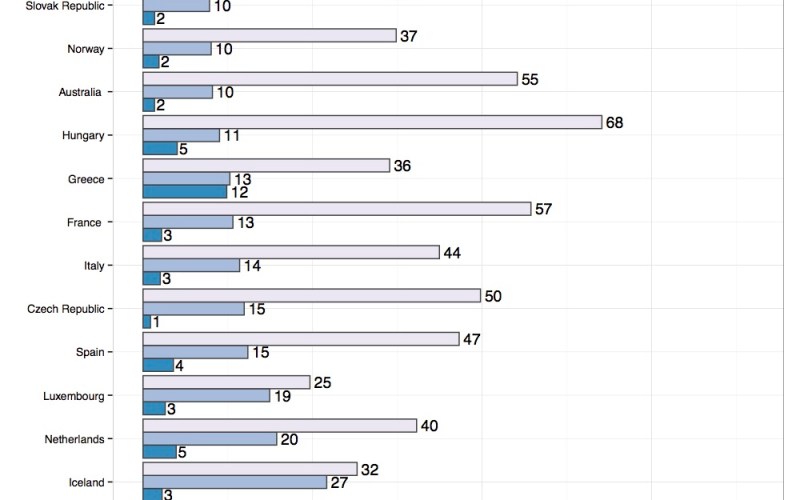Together with Wim van Lancker, I am organising a stream with the title “Who benefits most from family policies?”“, organised at the ESPAnet conference in Rotterdam, the Netherlands, on September 1-3 2016. This stream is organised by Wim van Lancker and Rense Nieuwenhuis. We are seeking to bring together a group of family policy experts. Given your expertise and research interests, we would like to invite you to submit an abstract.
The call for papers and full description of the stream can be found online.
From the stream description:
Who benefits most from family policies?
Family policies have received ample attention in the (comparative) study of welfare state outcomes. The attention now seems to turn to the question whether these family policy outcomes are homogenous across the population, or varies across people with different social backgrounds. Examples of such studies show that uptake of public childcare is biased against lower educated parents (Ghysels & Van Lancker, 2011), and that both paid leave and family allowances reduce poverty more strongly among single-parent families compared to two-parent families (Maldonado & Nieuwenhuis, 2015).
This stream seeks to bring together theory-driven, empirical studies on the question who benefits most from family policies. We welcome comparative papers as well as case studies, preferably using quantitative approaches to these questions.
Examples of possible contributions include, but are not limited to:
- Fathers or mothers: with fathers taking up leave becoming (somewhat) more common in various countries, the time seems right to address the question whether and how it affects their careers differently than is the case for mothers, how it impacts on household financial resources, and which kind of fathers actually make use of these leave schemes.
- Children from high or low SES parents. Does early childhood education and care level the playing field, or does it exacerbate existing differences in children’s outcomes? What are the redistributive effects of ECEC policies?
- The ‘institutional design of family policy’: Does universal coverage lead to universal use or take up? What kind of policy design yields the most equal outcomes? How do complementarities between policies come in to play to achieve more equal outcomes?
The whole of society: in addition to papers examining specific sub-groups, we also invite papers addressing outcomes at the societal level, such as economic growth, inequality, and trends in poverty.- Other options include differences in family policy outcomes across families with different levels of education, changing family structures, migrant histories, children with special needs etc.


